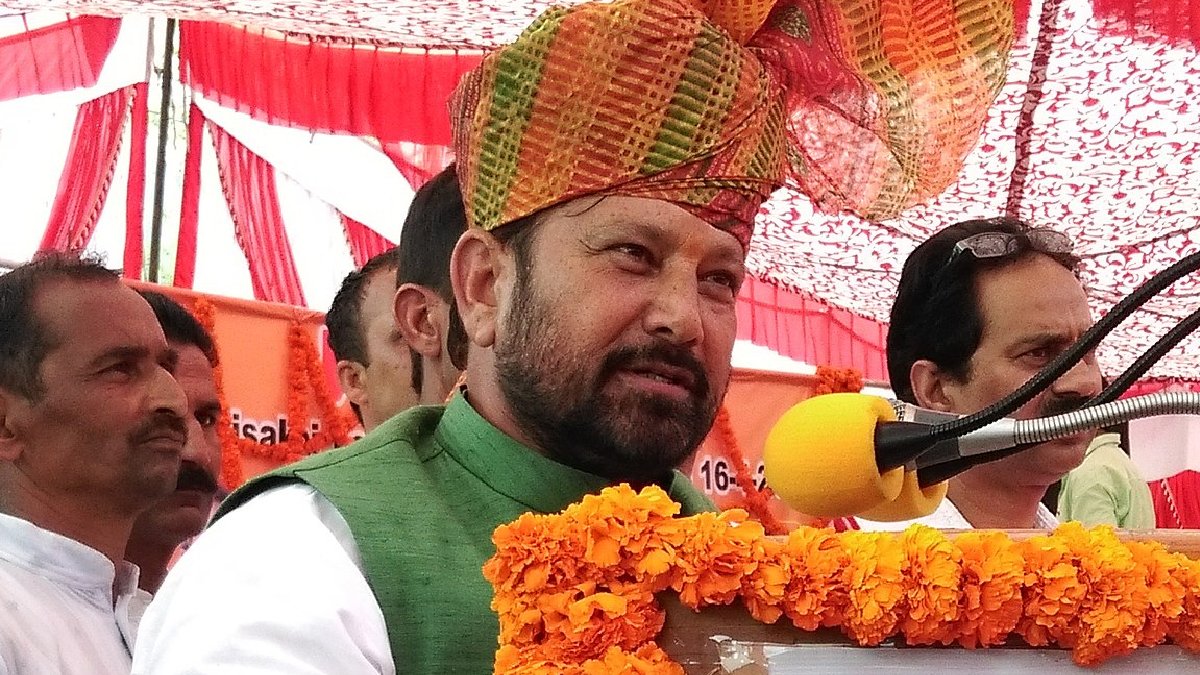123 Agreement not to decelerate India's nuclear prog.: Chidambaram
Kochi, Oct 9 (UNI) Even as political tempers are on the rise on the issue of the Indo-US civilian nuclear deal, Dr R Chidambaram, Principal Scientific Advisor to the Central Government, today said the agreement will ''not decelerate'' India's indigenous nuclear programme.
''There will be no impact or deceleration of the three-stage nuclear programme on which India's nuclear energy programme is based,'' Dr Chidambaram told reporters on the sidelines of the inauguration of the week-long 'Swashraya Bharat 2007' event here.
Any international collabortion would only be an additionality to the indigenous programme, he said.
''I have always said this. We need such collaboration only for the short term and the other countries will need us for the long term,'' he added.
However, he declined to say whether India would utilise the ongoing visit of Mr ElBaradei, the Director General of the International Atomic Energy Agency (IAEA), to approach the UN nuclear watchdog for a safeguards agreement.
''You will have to ask the Atomic Energy Commission chairman about that,'' he said.
Earlier, in his inaugural address at the 'Swashraya Bharat 2007', Dr Chidambaram stressed that ''no one can overwhelm India in the fields of science and technology and industry.'' However, in today's context, self-reliance need not mean self-sufficiency. It meant that the country should have the capability to produce a technology denied to it. ''Technology is an immunity against technology denial,'' he added.
He underscored the need for India to develop its nuclear energy programme in view of the country's burgeoning demand for power and concerns about global warming.
Singling out female literacy and per capita power consumption as two vital indices of development, Dr Chidambaram said nuclear energy was of great importance to the country's long-term power programme.
Also, in view of the apprehensions of climate change due to global warming, nuclear energy had emerged as one of the most important ''mitigating technologies'' to reduce the dependence on fossil fuels, he said.
Even countries whose nuclear programmes had stagnated were now witnessing a ''nuclear renaissance'' and were approaching India and China for collaboration as these were the only two countries which had carried on with research in this area, he said.
Stating that development without security will make the country vulnerable while security without development was meaningless, he said the effort of the policy makers was to use science and technology to provide both development and security to the people of India.
Describing the Indian nuclear and space programmes as the ''pride of the country'', Dr Chidambaram said India was seeking international collaboration as an equal partner.
In this context, he mentioned the world's biggest acclerator, being developed by the Centre for European Nuclear Research. India had signed an MoU to provide equipment worth US Dollars 30 million for the US Dollar three billion project, he said.
Stressing the need to attract youngsters to research in basic science, he said the Department of Science and Technology had taken up an ''inspired programme'' to reach a million youth during the 11th five year programme.
Also present at the function were Dr C V Ananda Bose, Chairman, Atomic Energy Education Society, Department of Atomic Energy, Mr S Ananthanarayanan, Director, National Physical and Oceanographic Laboratory (NPOL), Dr V P N Nampoori, president, Swadeshi Science Movement, Mr A Jayakumar, organising secretary, Vijnana Bharati, and Dr E P Yesodharan, executive vice-president, Kerala State Council for Science, Technology and Environment.
UNI


 Click it and Unblock the Notifications
Click it and Unblock the Notifications




